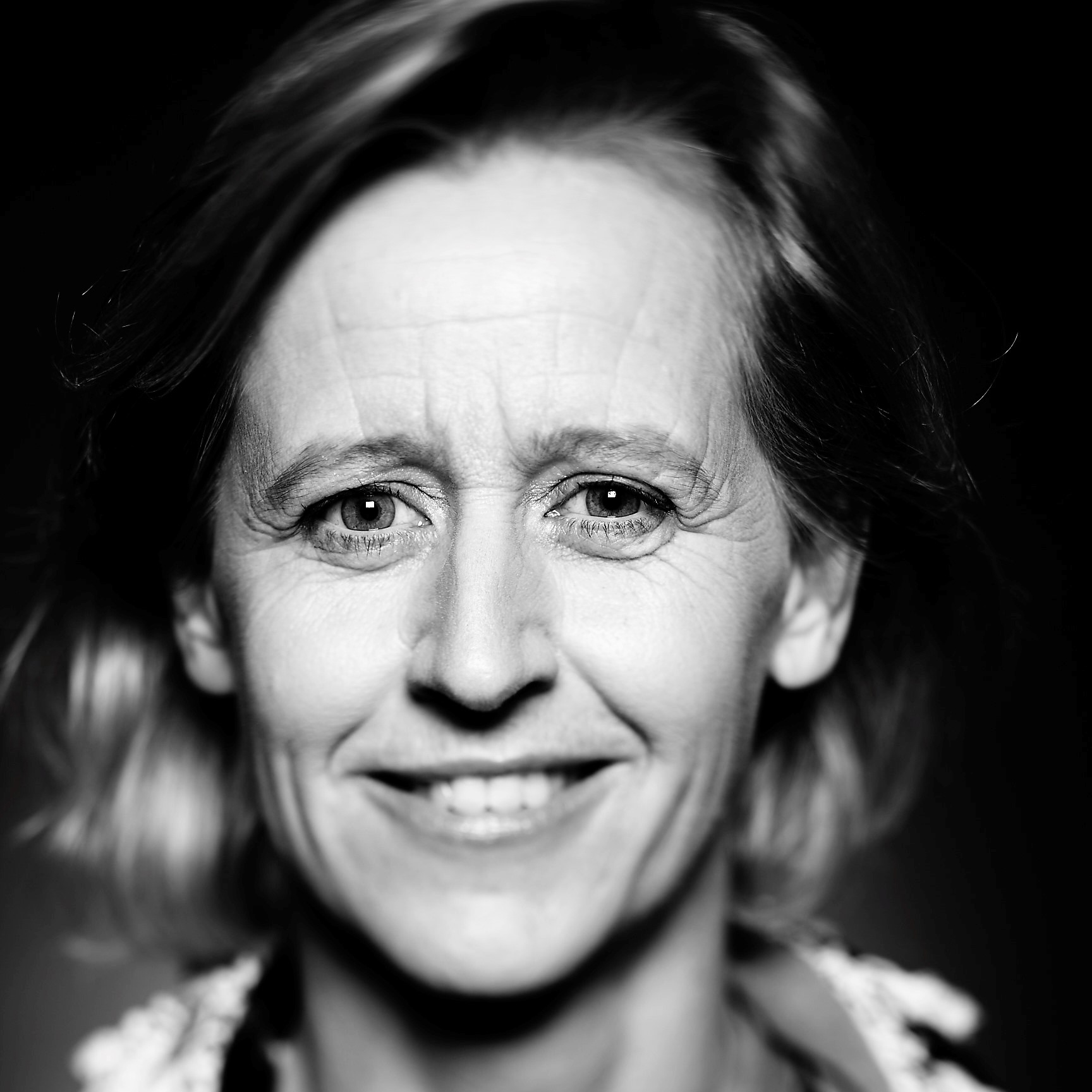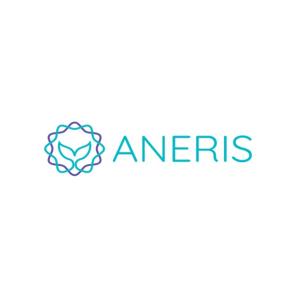 \
&
Contact us
\
&
Contact us
 \
&
Contact us
\
&
Contact us
Published on | 2 years ago
Last updated on | 3 months ago

Ria.debreucker@vlaio.be
Both the Commission and the Consortium have expectations on what coordinator tasks are. Every signed Grant Agreement (GA) lists specific tasks that may not be subcontracted or delegated to any other beneficiary or third party (including affiliated entities).
An overview of what is expected throughout the process:
In most cases, but not necessarily, the coordinator takes charge from the moment there is an intention to form a consortium and write a proposal. The coordinator then takes the lead in developing the project concept, defining the project's objectives, work plan and consortium structure. He works closely with partners to ensure the proposal aligns with the program's goals and requirements as specified in the call and ensures timely submission of the proposal and all relevant documents in the portal.
A coordinator acts as the main point of contact, facilitator and mediator between the granting authority (mainly the project officers) and the consortium and between the consortium members.
When requested in the Grant Agreement, he coordinates the drafting, negotiating and finalizing of the Consortium Agreement. Although the Commission has no interest in the content of the CA and does not endorse a specific model consortium agreement, it offers general guidance for the drafting. A well known and widely used model is the DESCA model consortium agreement, initiated by a group of FP7 key stakeholders, and updated ever since for H2020 and HEU.
In case of conflicts or disputes among partners, the coordinator plays a role in facilitating dispute resolution processes according to the terms outlined in the consortium agreement.
He ensures that all project partners fulfill their contractual obligations as outlined in the consortium agreement and grant agreement. He may need to take legal action if partners fail to meet their commitments.
All consortium related issues (e.g. partner terminations) should always be first discussed/agreed upon within the consortium. Conflicts should be resolved in accordance with the consortium agreement. The granting authority will not get involved in internal disputes. It’s the coordinator’s responsibility to handle these correctly.
A coordinator is responsible for overall project management, ensuring that project objectives, deliverables and timelines are met. He coordinates the work for all project partners and takes care of project amendments for all members of the consortium (checked, signed and submitted by the coordinator only, unless the amendment concerns a change of coordinator in the project consortium).
On request of the Granting Authority, he organizes and chairs review meetings.
Whereas costs made by the coordinator (or any other beneficiary) related to proposal writing are not eligible, the Project typically foresees sufficient budget for a workpackage 'Project Management'.
Typical coordinator tasks for the different aspects are:
The EC offers regular trainings in the form of (recorded) webinars for coordinators, usually upon the release of a new working program.
The recordings of the webinars are available on YouTube (using ‘coordinators days’ or ‘’implementation days’ as your search term) or via the events section on the Funding & Tenders Portal.
New trainings are announced on the NCP Flanders LinkedIn page and our website (after registration you are automatically informed on all news and events related to the domains you added to your profile).
A coordinator frequently gets questions related to the Participant Portal where all Beneficiaries need to register before applying for funding as a consortium. The Funding & Tender Portal offers an online manual that guides applicants through this process.
The authors of this annoted template guide are Horizon Europe NCPs who interact regularly with applicants. This document contains recommendations by NCPs and expert evaluators. NCPs collected and examined the Evaluation Summary reports (ESR) from projects submitted in the first period of 2022. Thanks to these reading exercise, NCPs were able to identify the most common positive and negative remarks coming from the evaluators by highlighting the recurring elements in their evaluations. The main findings were used as the basis for this document and have been distributed in the different sections of the official Horizon Europe RIA/IA template.
We offer news and event updates, covering all domains and topics of Horizon Europe, Digital Europe & EDF (and occasionally, for ongoing projects, Horizon 2020).
Stay informed about what matters to you.
By signing up, you can opt in for e-mail notifications and get access to
a personalised dashboard that groups all news updates and event announcements in your domain(s).
Only for stakeholders located in Flanders

Funded under Horizon Europe (HORIZON-INFRA-2022-TECH-01) and running from 2023 to 2026, the ANERIS project aims to tackle the rapid loss of ocean biodiversity. The project’s main objective is to develop, test and implement the next generation of scientific instrumentation tools and methods for sensing and monitoring marine-life. Another key concept of the project is the introduction of the concept of Operational Marine Biology (OMB) as a biodiversity information system. The project consortium consists of 25 partners from 13 countries. Read more about the project and the contribution of Flemish partner VLIZ in this testimonial.